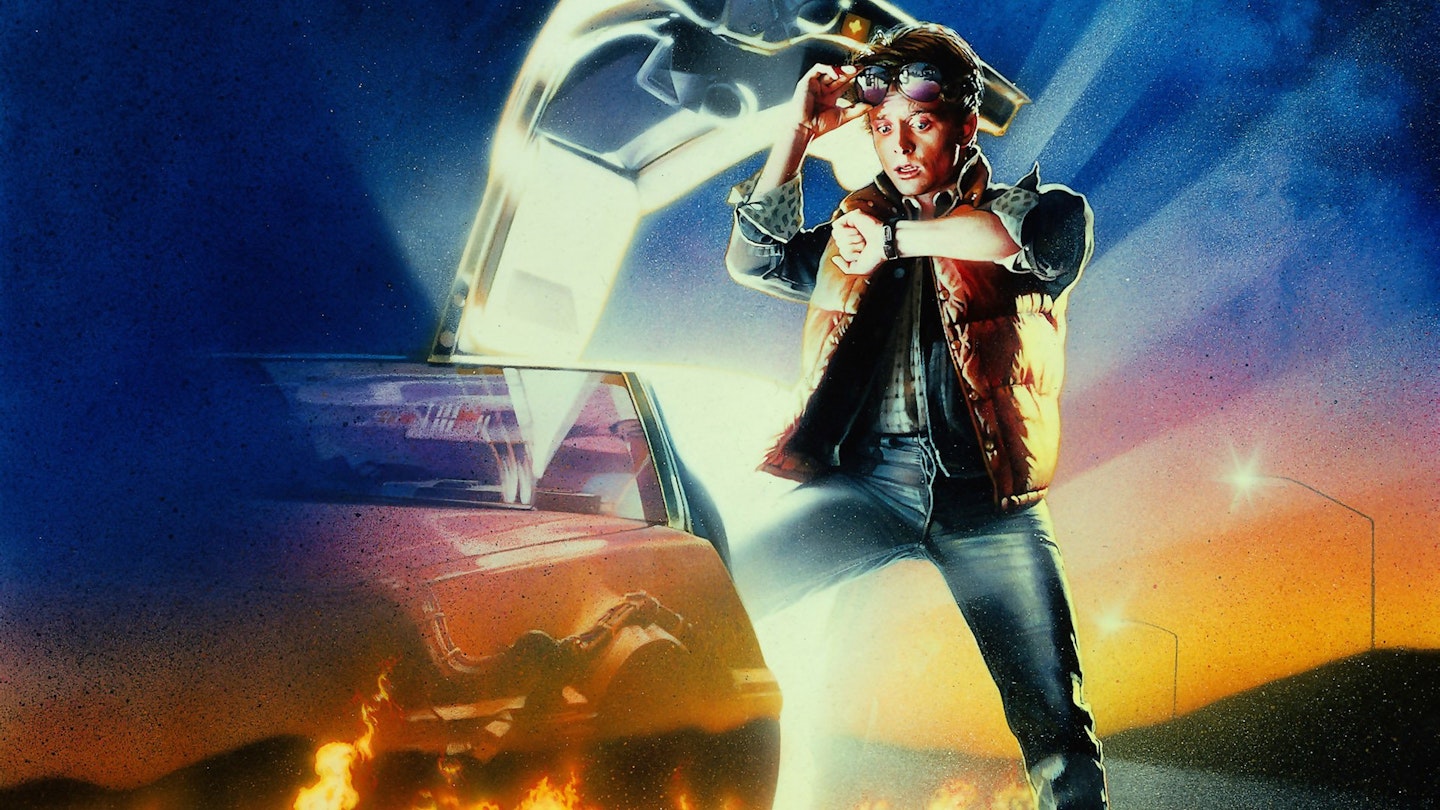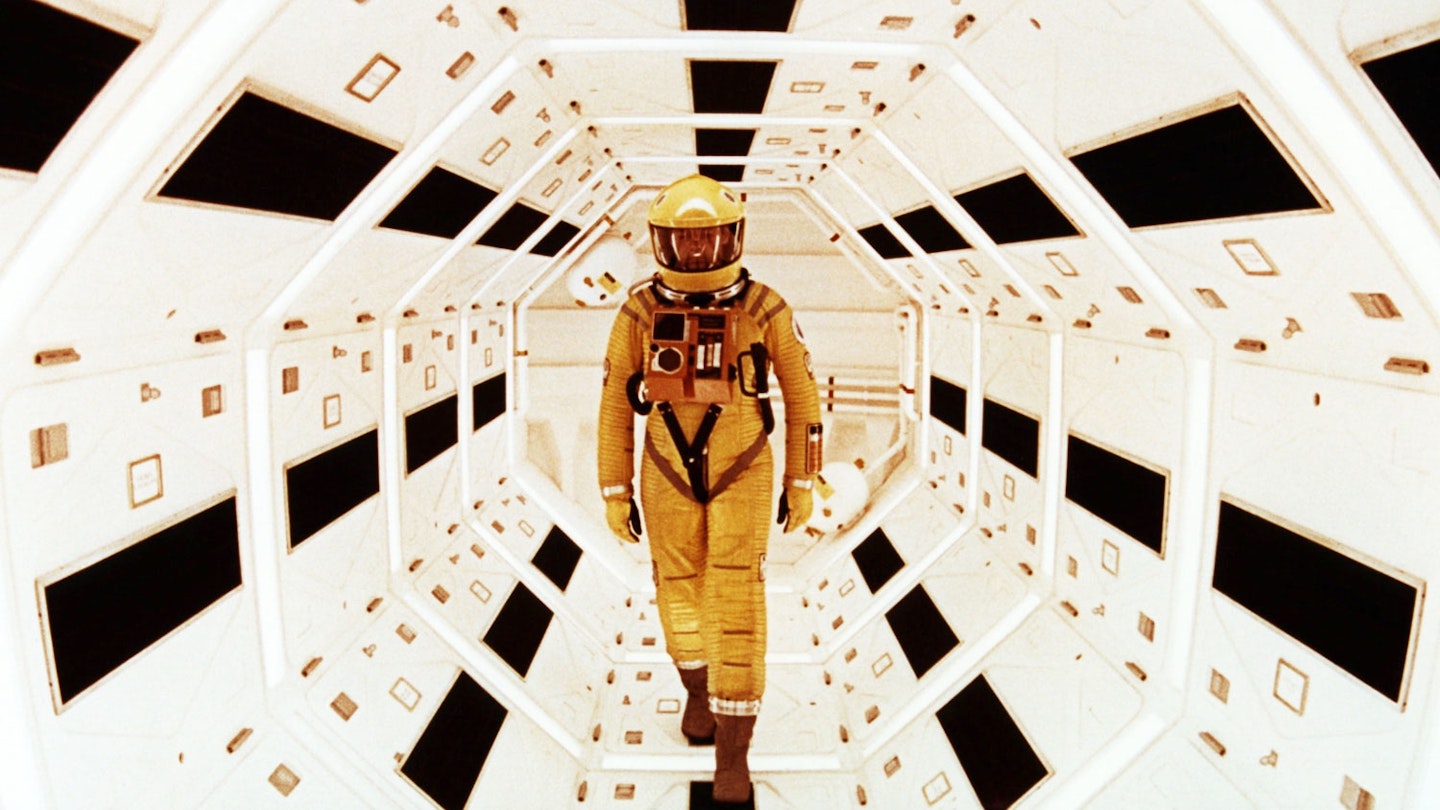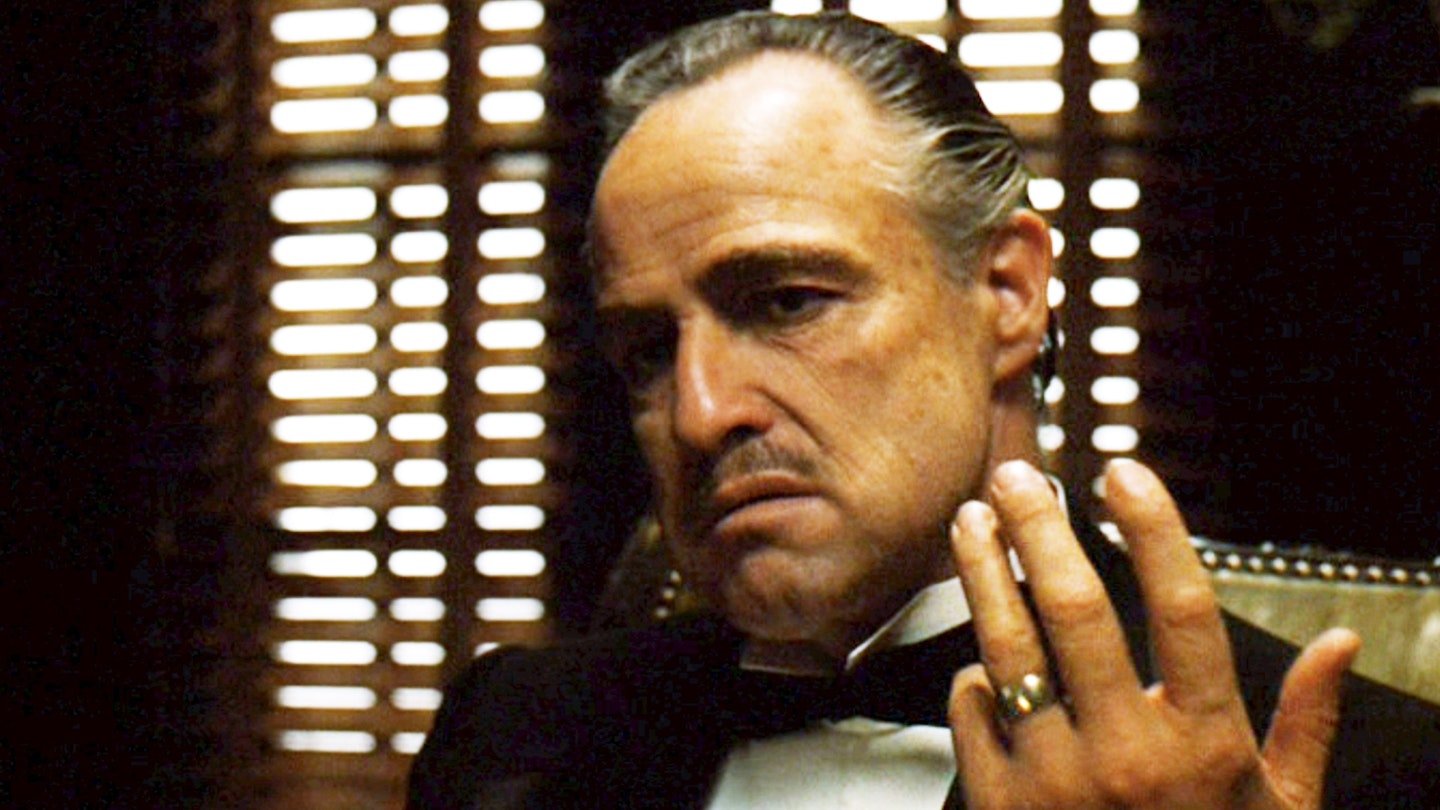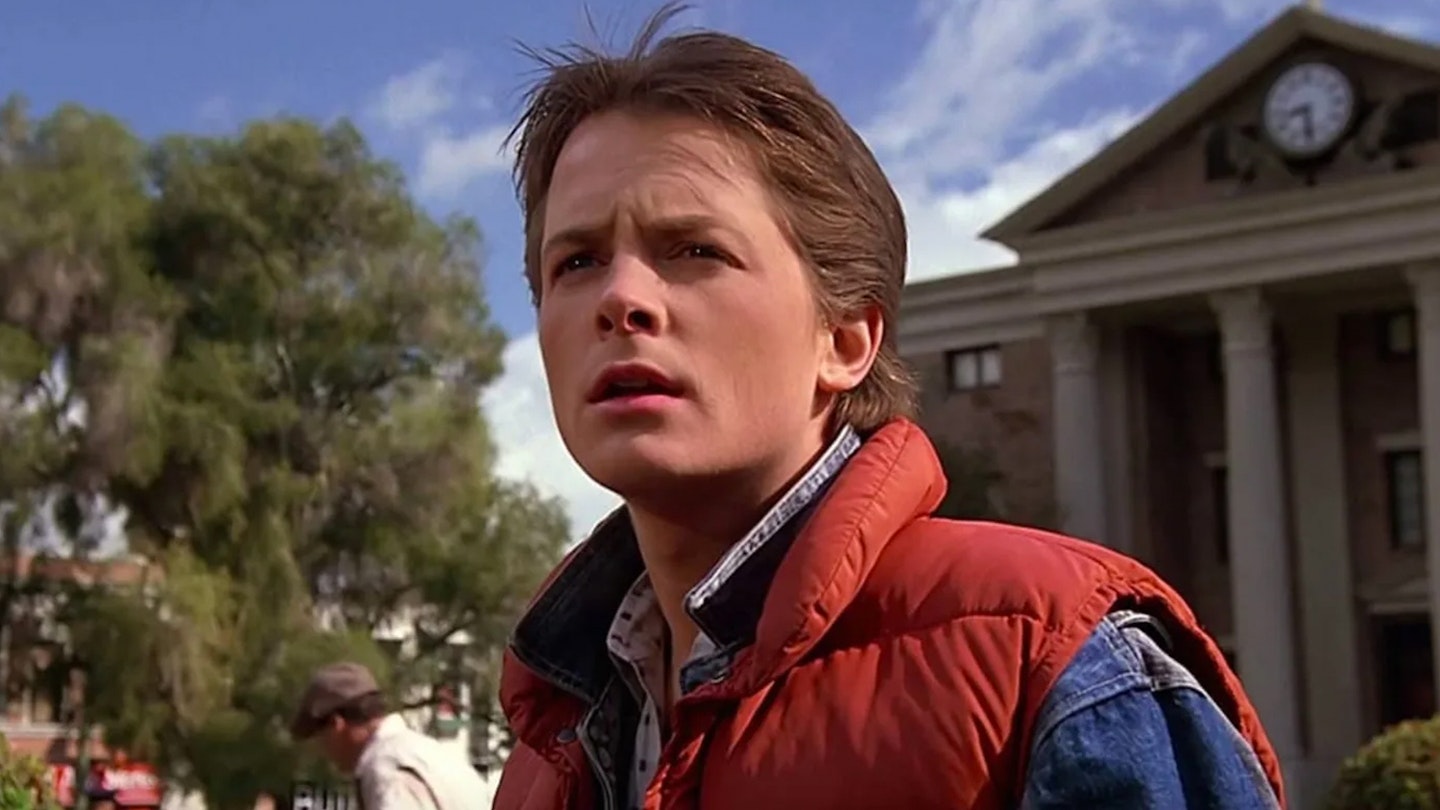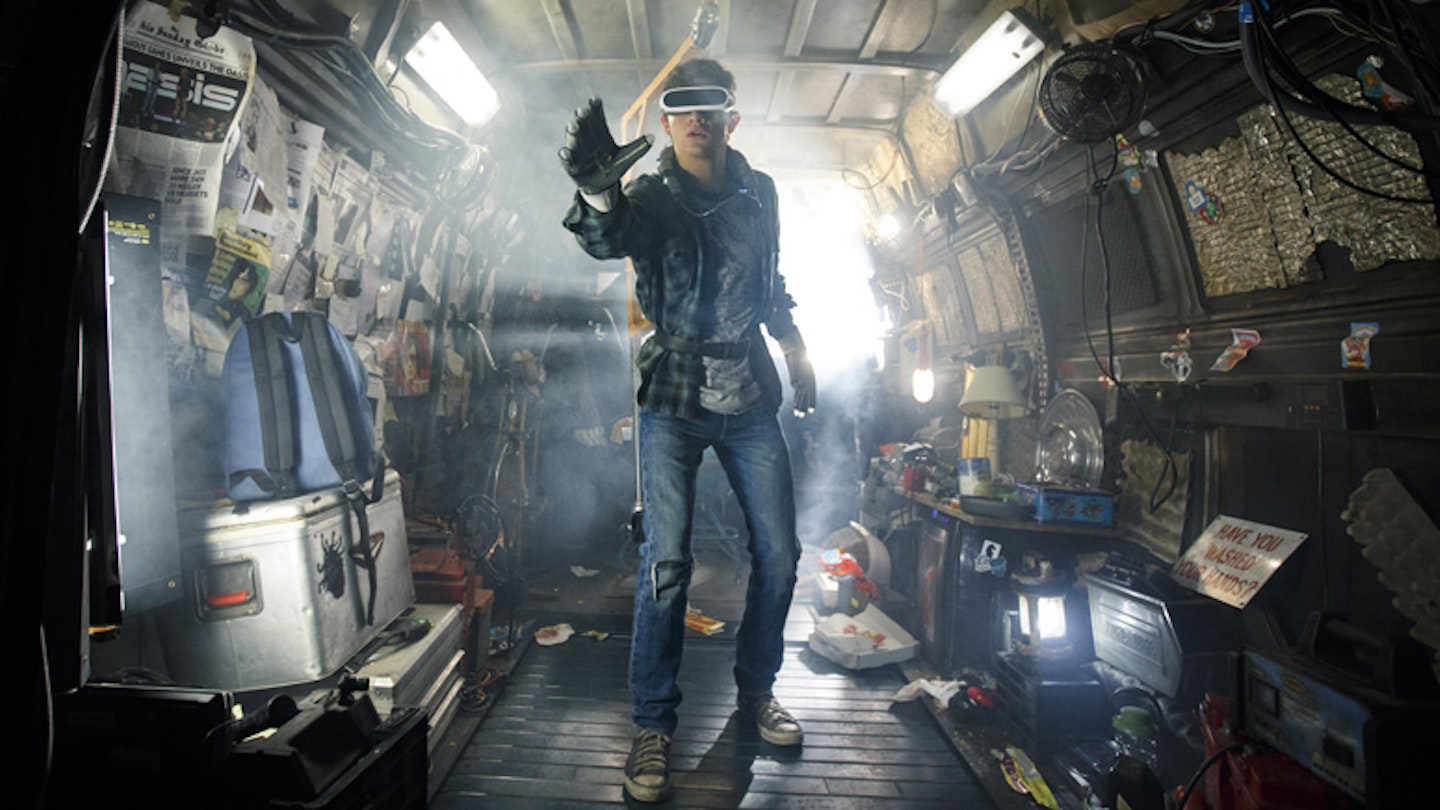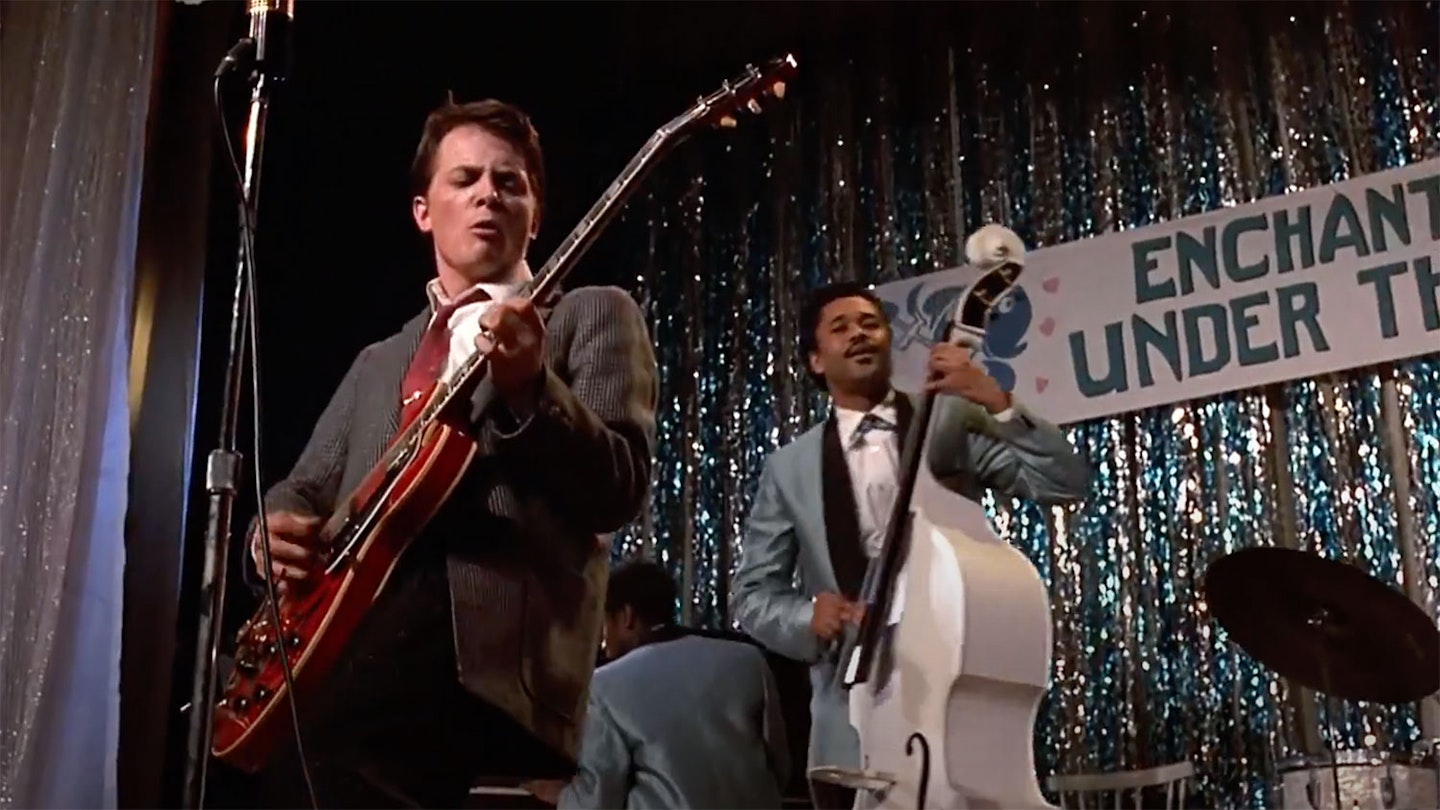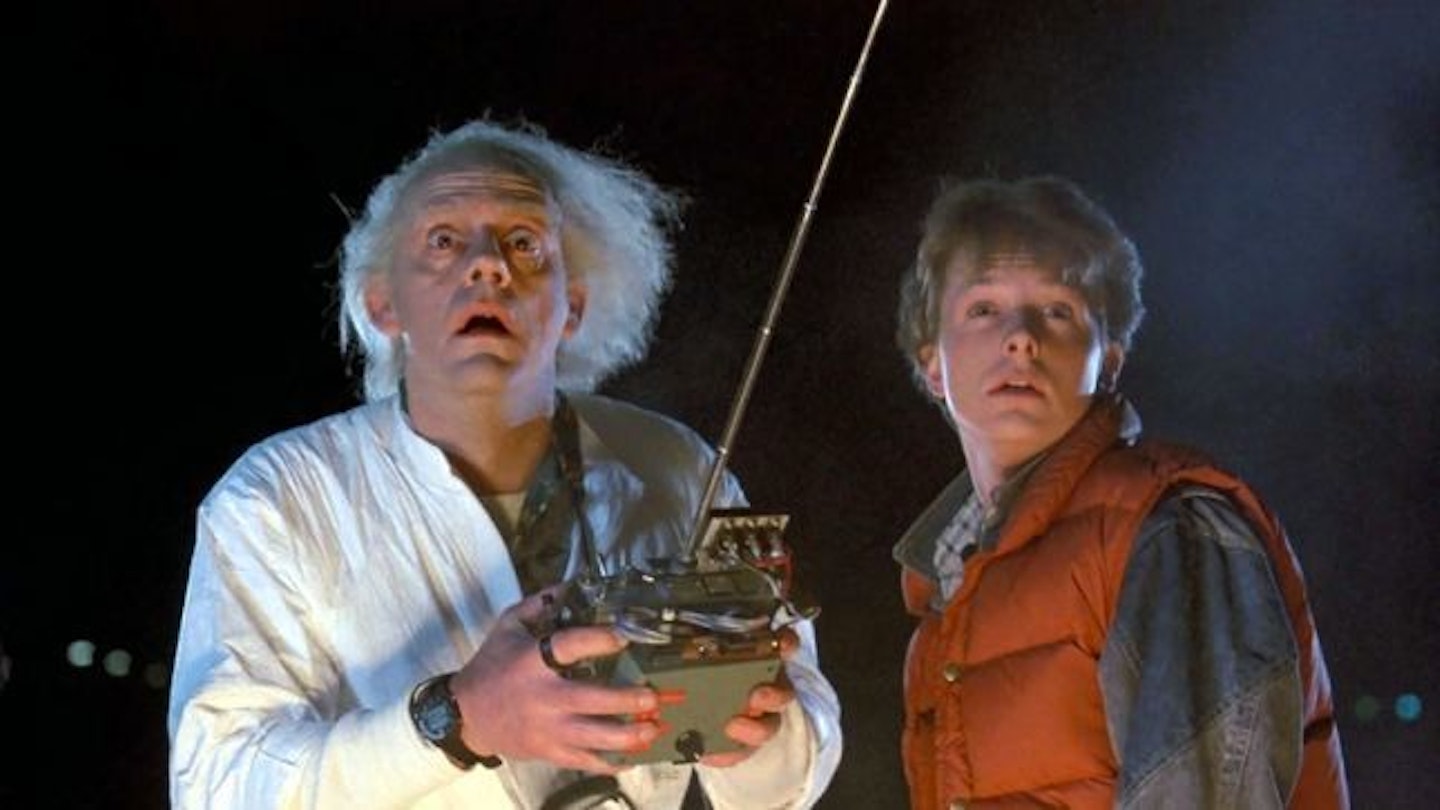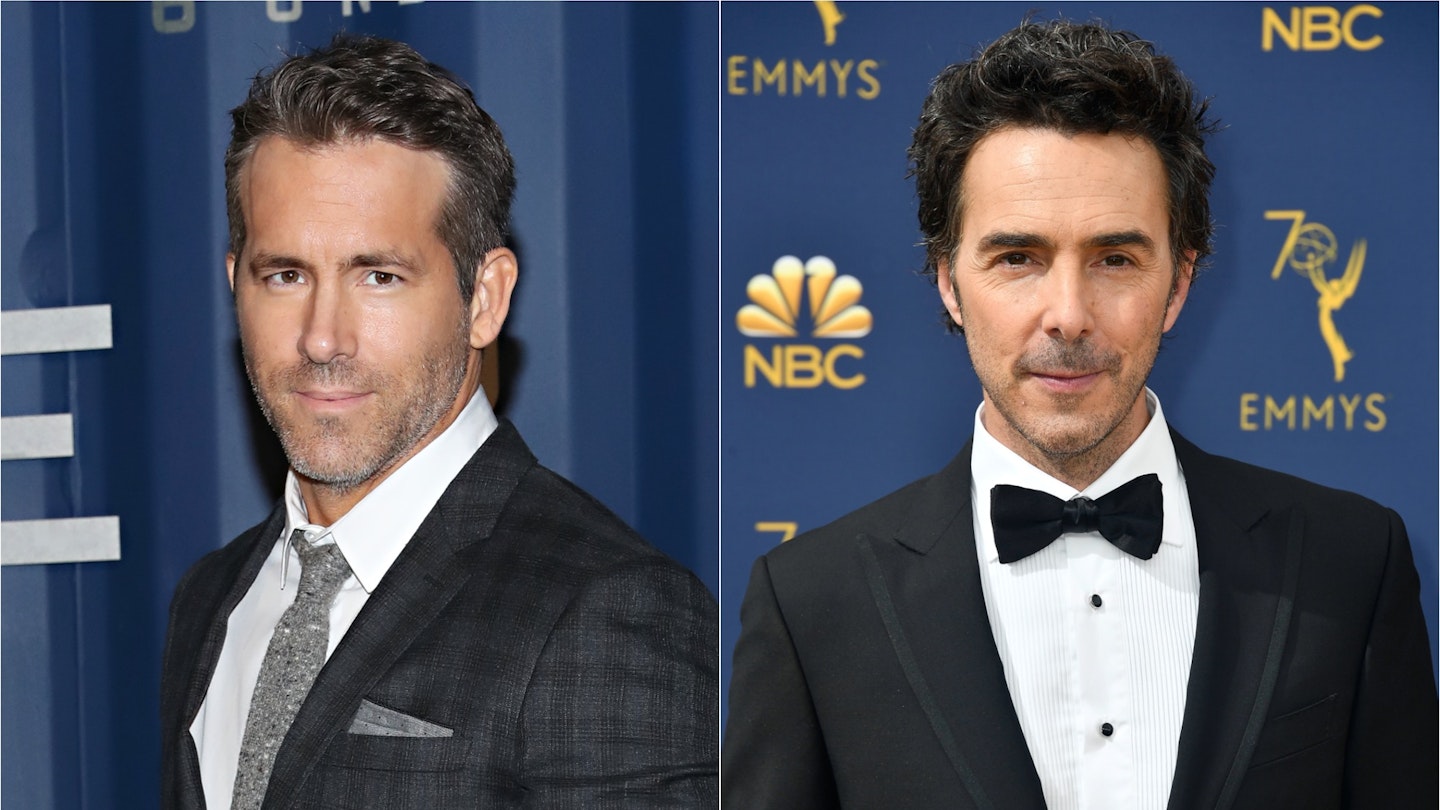It could all have been so different. In fact, it could all have been a disaster. At the end of 1984 director Robert Zemekis, who had been shooting his second movie, Back To The Future, for over a month was not a happy man. He was saddled with a lead actor who just didn't cut it as a happy-go-lucky, wisecracking teen. He was more like an angst-ridden 40-year-old struggling to make sense of existence in a godless universe.
To make matters worse he'd seen a young actor perfect for the role. Michael J. Fox, then the star of TV sitcom Family Ties radiated youthful joie de vivre and frankly, for a movie with a solid teen base, was just gosh-darned cuter. Something had to be done. Eric Stoltz was out. Fox was in. And they started all over again. But if Back To The Future was the product of a fractured shoot, what emerged was well worth the agony. An almost perfectly wrought slice of old fashioned escapist fantasy, it not only announced the celluloid arrival of the finest light-comedy actor of his generation, but was one of the very few films made in the avaricious, style-challenged 80s that transcended and survived the ugly extremes of its era (skintight stonewashed jeans which, one unkind critic remarked, "look like they've been masturbated over by a troupe of boy scouts" excepted) and which remains an utterly beguiling little gem.
Among the plethora of innocent charms on offer, there's the near perfect script by Zemekis and Bob Gale which not only negotiates its
time travel paradoxes with deft, exuberant wit but invests the light-hearted plot machinations with a seasoning note of honest drama (Doc's death within the first 10 minutes throws the comedy into pleasing relief and provides welcome dramatic release when we find, at the end, that the worst isn't true).
There's Alan Silvestri's Williamsesque score; a plethora of memorable set-pieces — Marty's premature invention of the skateboard as he rips the top of a young kid's box-cart; his introduction of rock 'n' roll which develops into an anachronistic, Hendrix-style guitar solo ("Maybe you're not ready for that," McFly admits, "but trust me, your kids are going to love it.") as well as nods to other sci-fi movies — an innovation in the mid-80s when Tarantino was still re-racking the late-returns. When Marty has to convince his not-yet-dad to ask his not-yet-mom out he poses as Darth Vader (a variation on the joke appears in Part III when he calls himself Clint Eastwood) and claims to have come from the planet Vulcan.
And then there's the tastefully-handled Oedipal riff which, in less talented hands, might have been uncomfortable, if not downright nauseating. But at the heart of Back To The Future is the towering talent of the diminutive (his least favourite word, "Why can't they just call me short?") Michael J. Fox. Thrust into the spotlight in recent times due to illness, Fox established himself here as quite simply the most charming screen presence of the 80s.
Weirdly, shortly after the massive success of the BTTF trilogy, it became de rigeur to bash the actor. Obviously his enormous talent for light comedy didn't sit well with the hip-cynicism of the 90s. Applying anything approaching rigorous criticism to Back To The Future would be like taking a jack-hammer to a perfectly risen souffle, but there are a number of intriguing readings to Zemekis' movie, particularly since hostile critics of the directors' subsequent work, Forrest Gump and Contact, have detected in him a Capra-esque conservatism. You could make the case that BTTF is a manipulative critique of the 80s through the prism of an airbrushed version of the 50s that owes more to George Lucas' American Graffiti than the turmoil of the decade itself (the burning crosses and blacks dangling from trees are presumably "just out of shot").
](https://www.mustard.co.uk/blog/hollywoods-leading-car-couples/hollywoods-leading-car-couples?auto=format&w=1440&q=80)
Zemekis seems to be accusing the 80s of betraying the American Post War dream; Marty's frumpy, nervous, bullied family are not the way things were meant to turn out (next to them at the dinner table you wonder if Marty ever inquired whether he was adopted) in the same way that the grasping 80s are not the legitimate offspring of the "innocent" 50s. Of course this is all a bit speculative. But if Back To The Future doesn't hold big ideas well, it remains like its star — small, but perfectly formed.
